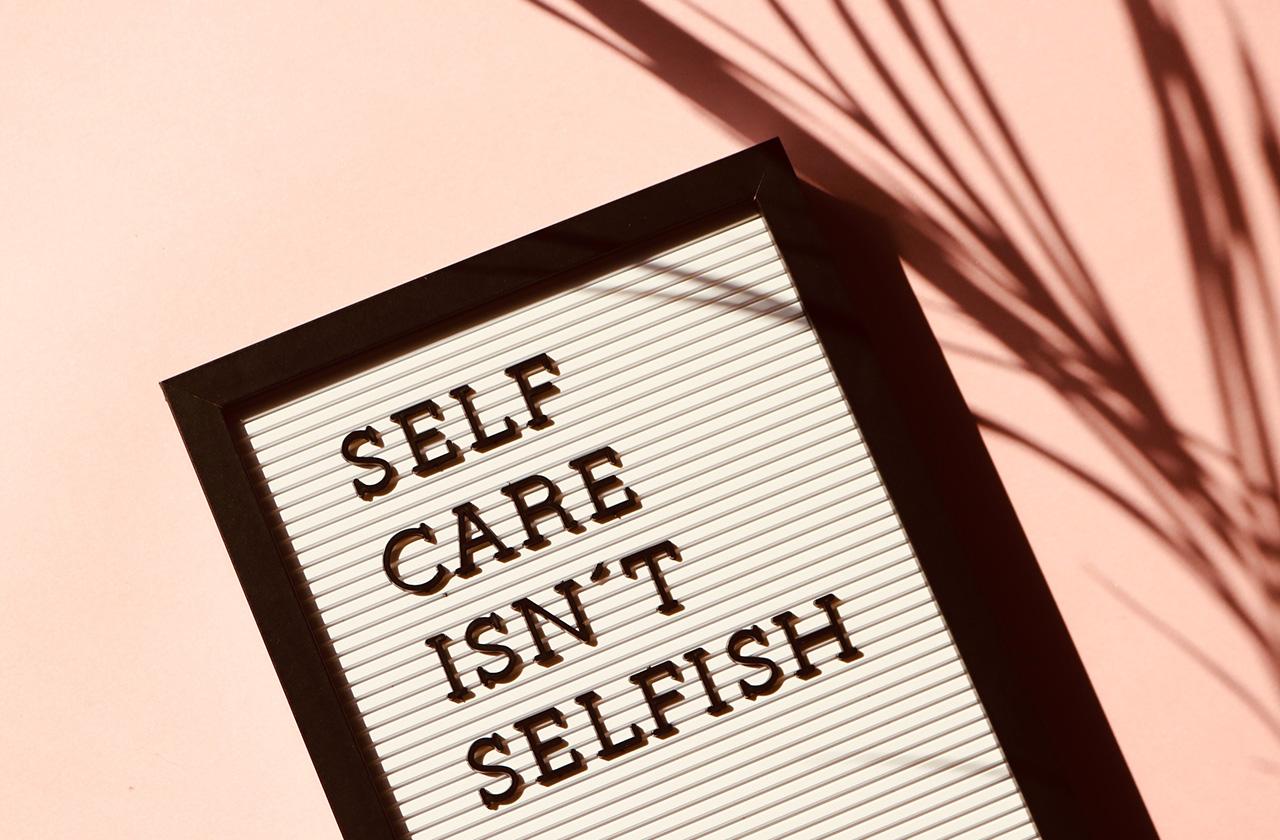
I recently spotted this article in The Sydney Morning Herald with the following headline “Why diet, exercise and medications all have a role to play in weight loss”
The industrialized food industry (Coca-Cola, Nestle, McDonald’s et al.) along with the pharmaceutical drug companies that make these drugs love to read a headline such as this in our national newspapers.
In fact, they play a large role in this type of discursive framing. The industrialized food industry avoids being held accountable for causing the global obesity epidemic and the pharmaceutical industry profits from the medicalization of a condition that is preventable through strong government regulation.
As the headline suggests, this article discusses the need for new weight loss drugs to tackle obesity that have been shown to be effective in weight loss.
This article says that “the chorus of disapproval” for bringing new weight loss drugs onto the market is because people lack willpower and choose to be obese.
I strongly disagree.
As someone who has spent time working in the Metabolic and Obesity and Diabetes Unit in one of Sydney’s largest hospitals, I know (and evidence shows) that obesity is not caused by a lack of willpower. It was the main reason why I went from wanting to be a health practitioner trying to help an individual, to a researcher focused on identifying how various corporate actors like the industrialized food and pharmaceutical industries distort the science on the health harms of their products and undermine any regulatory efforts to limit their sale.
Obesity is caused by the industrialized food industry that has hijacked our food systems with Ultra Processed Foods (UPFs). Highly strategic food marketing practices coupled with biologically addictive properties of these highly affordable and available, high-calorie, nutrient-deficient UPFs mean that our willpower and innate physical and psychological mechanisms that control weight will always be overridden.
We didn’t/don’t blame an individual for being addicted to nicotine and smoking so we should not blame an individual for being addicted to these UPFs. They stimulate the same pathways in the brain. To limit the harm caused by smoking we regulated the tobacco industry.
“The chorus of disapproval” should be because pharmaceutical drugs are one of the leading causes of death with a large percentage of those who die having taken their drugs correctly. The article points to the success of the drugs in achieving weight loss in studies conducted up to 1 ½ years and their possible benefits in reducing heart disease and stroke.
But what about the long-term harms that these short-term studies can’t identify? As one of the experts points out – “we won’t know until they’ve been in use for a while”…. but the headline has already told us we need them to lose weight.
Additionally, health isn’t just about keeping weight off. If you continue to consume UPFs filled with chemicals and synthetic products, we know our risk of dying from cancer, heart disease, and any causes will be higher than those who don’t. These drugs don’t change the quality of our food systems.
“The chorus of disapproval” should also be because as one of the experts highlights “people who need the help of these drugs most are often those who can least afford them”.
I recognize the urgent need for intervention for people that are obese and unable to lose weight (truly I do, with friends and family living with it), but this article exemplifies how our system of health care focuses on treatments (treatments that those that need them most can’t afford) rather than causes. Is this really what health care is?
And although both experts acknowledge the overconsumption of energy due to highly processed food and the role our genes play in us gaining weight and not being able to lose weight, nowhere in the article, however, do they say that we must regulate the food industry. Only at the bottom of the article was this one line “We also need other strategies, including a crackdown on marketing the junk food fueling obesity.”
My other main concern about an article like this is that the two experts that were quoted for this story have both received payments from the pharmaceutical company that makes the weight loss drug and this information wasn’t disclosed in the article (for one of the experts you can look this information up under the Medicines Australia “Payments to Healthcare Professionals”, for the other I searched their publications and funding).
This information is very important for the reader and should always be disclosed, especially when someone is recommending a new drug treatment.
Obesity and the health harms caused by obesity can only truly be addressed with systems-level change (so government regulation). This escalating burden of chronic disease, caused by entirely preventable lifestyle illnesses through the consumption of UPFs, along with the treatment of millions of Australians with drugs that may provide benefit without understanding the long-term harms, to me, is a health system completely broken and captured by the industrialized food and pharmaceutical industries.
While “Prevention and treatment are not the same”, how about we start with this framing first when discussing weight loss and obesity in the public domain:
- All clinicians, scientists, public health researchers, and consumers must advocate for regulation of the industrialized food industry, as we have with tobacco. For example – we must add graphic warning labels of breast cancer on UPFs that have been linked to such cancers; tax all sugar-sweetened beverages and UPFs that contain emulsifiers, colorings, or flavorings; ban all junk food advertising of sporting events and on television as we did with tobacco; pass legislation for subsidies that encourage farmers growing fruits, vegetables, and healthy whole foods and not farming to overproduce corn and soy used in the manufacture of UPFs.
- Drugs should only ever be recommended with extreme caution.
- If drugs are discussed publicly, explain to individuals that if you lose weight with drugs, you likely will need to keep taking the medications forever to keep the weight off and the long-term effects are unknown. All drugs have side effects and these weight loss drugs won’t improve your diet quality.
- Any experts that recommend the use of any pharmaceutical interventions disclose the financial conflicts of interest they have with the company that makes the drug they are recommending.
Perhaps then we will see headlines such as “Why regulating the food industry is the key to weight loss”.
Dr. Nicholas Chartres is the Associate Director of Science and Policy at the Program on Reproductive Health and the Environment, University of California, San Francisco. Dr. Chartres conducted the first in-depth study of the association of industry sponsorship and its influence on primary nutrition research. He also analyzed how the food industry attempts to drive the research agenda by funding studies that measure the effects of nutrients, and not dietary patterns, that can be used to market food products. This research has contributed to an improved understanding of how these types of biases may influence the primary research that is used in informing the recommendations made in national dietary guidelines.









